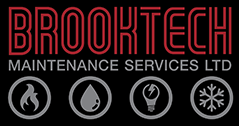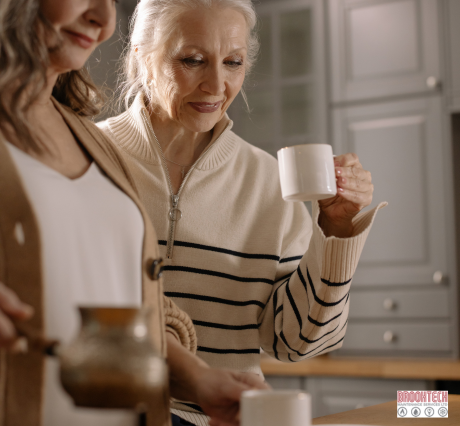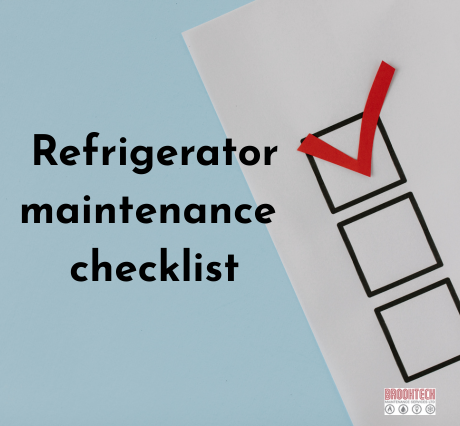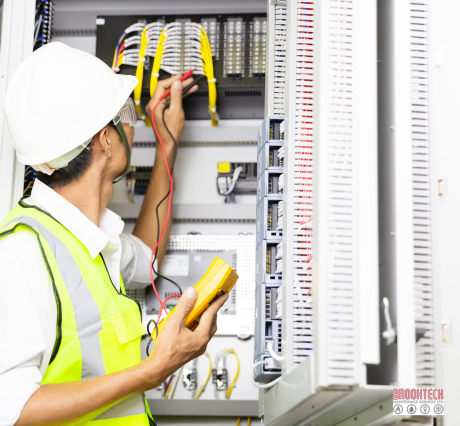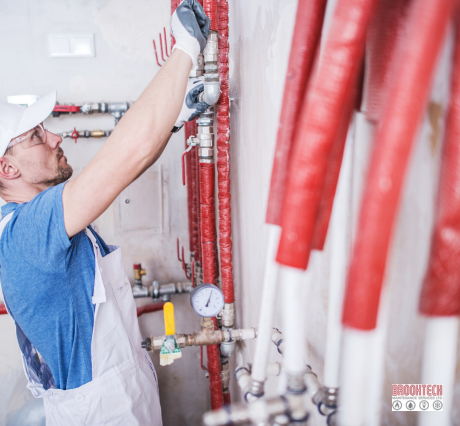Creating Residential Home Independence for Clients
Independence plays a vital role in the well-being of clients in residential homes. While care homes provide essential support, allowing clients to maintain as much autonomy as possible improves their confidence, dignity, and overall happiness. Simple changes to the home environment can make a big difference in how clients interact with their surroundings, allowing them to carry out daily tasks with ease and feel a greater sense of control over their lives. This is why it is so important to create residential home independence for clients.
For care home owners, adapting the space to promote independence is about more than comfort—it enhances safety, improves client satisfaction, and helps create a more efficient care environment. In this blog, we’ll explore why independence matters, the improvements that can help, and how Brooktech can assist with maintenance and installations to create a more supportive space.
Why Residential Home Independence is Important
For many clients, moving into a residential home can feel like a loss of control. Losing the ability to complete everyday tasks can affect self-esteem and lead to frustration. By making adjustments to the environment, care homes can help clients retain their independence for as long as possible, which has a positive impact on their physical and mental well-being.
Encouraging independence also benefits carers. When clients can complete tasks themselves, even on a small scale, it reduces the demand for assistance with routine activities. This allows care staff to focus more on complex needs while improving the overall experience for both clients and carers.
How Care Homes Can Create a More Independent Living Space
Creating an accessible environment doesn’t require a complete redesign. Thoughtful upgrades can make a significant difference in a client’s ability to move around, use facilities, and interact with their surroundings. Here are some key areas to focus on:
1. Accessible Kitchen Areas
Many clients in residential homes still enjoy preparing their own drinks and light meals, but standard kitchen setups can be difficult to use. Adapting kitchen spaces with:
- Lowered worktops for easy wheelchair access.
- Lever taps that are easier to operate for those with limited hand mobility.
- Induction hobs that only activate when a pan is placed on them, reducing burn risks.
- Clear storage solutions so clients can easily find items without excessive reaching or bending.
Installing an accessible kitchen encourages clients to prepare food and drinks independently, giving them a sense of accomplishment and control over their routine.
2. Safer Bathroom Facilities
Bathrooms can be one of the most challenging areas for clients to use safely. Installing:
- Walk-in showers with grab rails.
- Non-slip flooring to reduce the risk of falls.
- Adjustable sinks and toilets that accommodate different mobility needs.
- Motion sensor taps that remove the need to twist or turn handles.
These adaptations make it easier for clients to carry out personal care tasks with minimal assistance, helping them maintain dignity and privacy.
3. Smart Lighting and Accessibility Features
Good lighting plays a crucial role in safety and independence. Installing:
- Motion sensor lighting in hallways and bathrooms to prevent trips and falls.
- Touch-activated or remote-controlled lights for those with mobility limitations.
- Coloured lighting zones to help clients with dementia navigate the space more easily.
Accessibility features such as automatic doors, widened corridors, and voice-activated controls can also support clients in moving around the home independently.
4. Comfortable and Functional Living Spaces
Small changes to communal and private living areas can make a big difference. Consider:
- Furniture with strong arm supports to help with standing up.
- Easy-to-reach switches and sockets that don’t require bending or stretching.
- Acoustic panels to reduce background noise for those with hearing difficulties.
- Personalised space layouts that allow clients to arrange furniture in a way that suits their needs.
The goal is to create a space where clients feel comfortable and confident in their ability to carry out daily tasks without unnecessary reliance on carers.
The Role of Maintenance and Ongoing Improvements
Once a care home has been adapted for independence, ongoing maintenance is essential to keep everything in top condition. Plumbing, heating, electrical, and accessibility systems need regular servicing to ensure safety and reliability.
Regular maintenance checks help to:
- Identify wear and tear before it becomes a hazard.
- Ensure compliance with safety regulations.
- Minimise disruption by scheduling repairs before issues arise.
- Keep accessibility features fully functional.
How Brooktech Can Help
Brooktech works with residential homes to create safer, more accessible spaces that promote independence for clients. Whether you’re looking to install a new accessible kitchen, improve bathroom facilities, or maintain heating and electrical systems, our experienced team can help.
Expert Installation Services
We install kitchens, bathrooms, and accessibility features designed for ease of use and safety. Our team ensures everything is fitted professionally and tailored to the needs of your care home.
Planned Maintenance Packages
Our Planned Maintenance Package ensures regular checks on essential systems, including heating, plumbing, and electrical work, helping to prevent breakdowns and costly repairs.
Fast Response for Urgent Repairs
If something goes wrong, Brooktech responds quickly to carry out repairs and minimise disruption to clients and staff.
By working with Brooktech, care homes can provide a well-maintained, accessible environment where clients feel confident and independent in their daily lives.
Creating a Future of Residential Home Independence
Supporting independence in residential homes isn’t just about comfort—it’s about dignity, confidence, and quality of life. Small but effective improvements to living spaces can empower clients to carry out more tasks themselves, improving their sense of control and well-being.
If your care home needs accessibility upgrades, maintenance support, or expert installation services, contact Brooktech today to discuss how we can help you create a safer, more independent environment for your clients.

